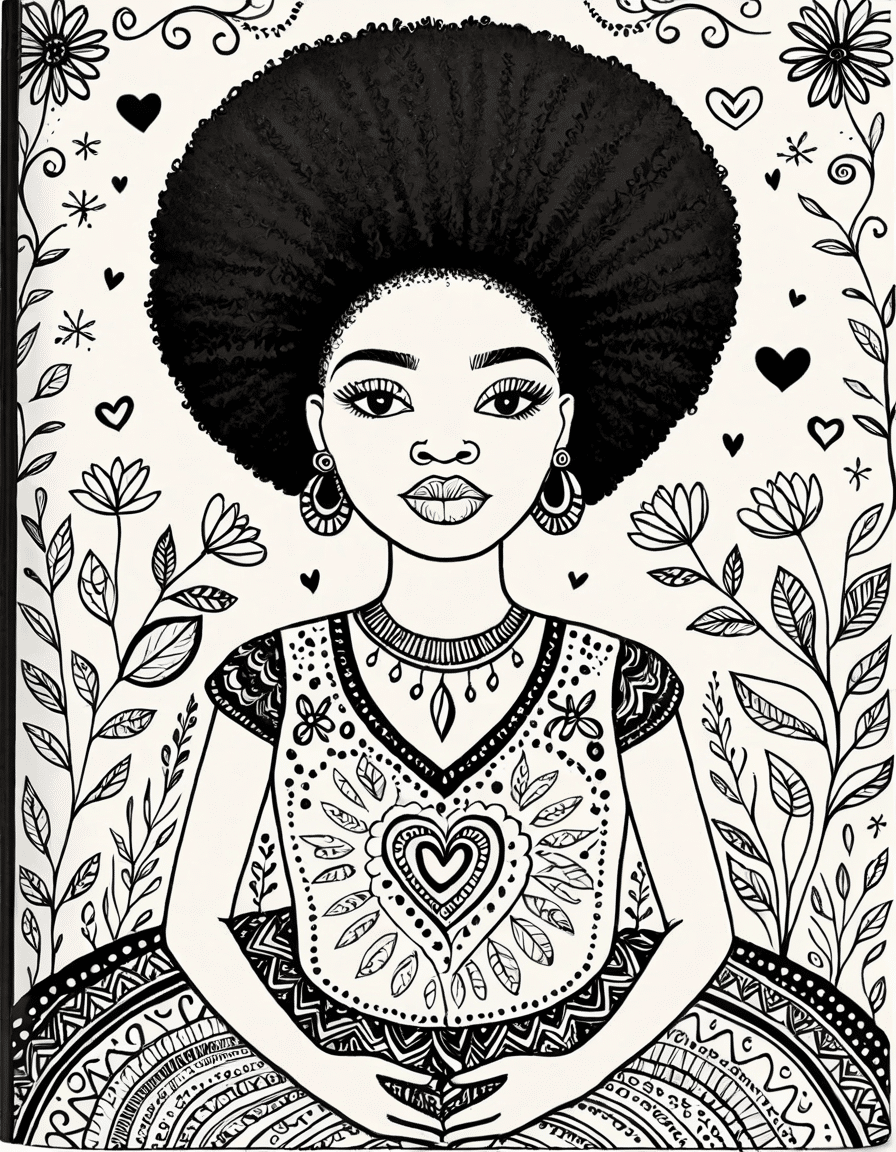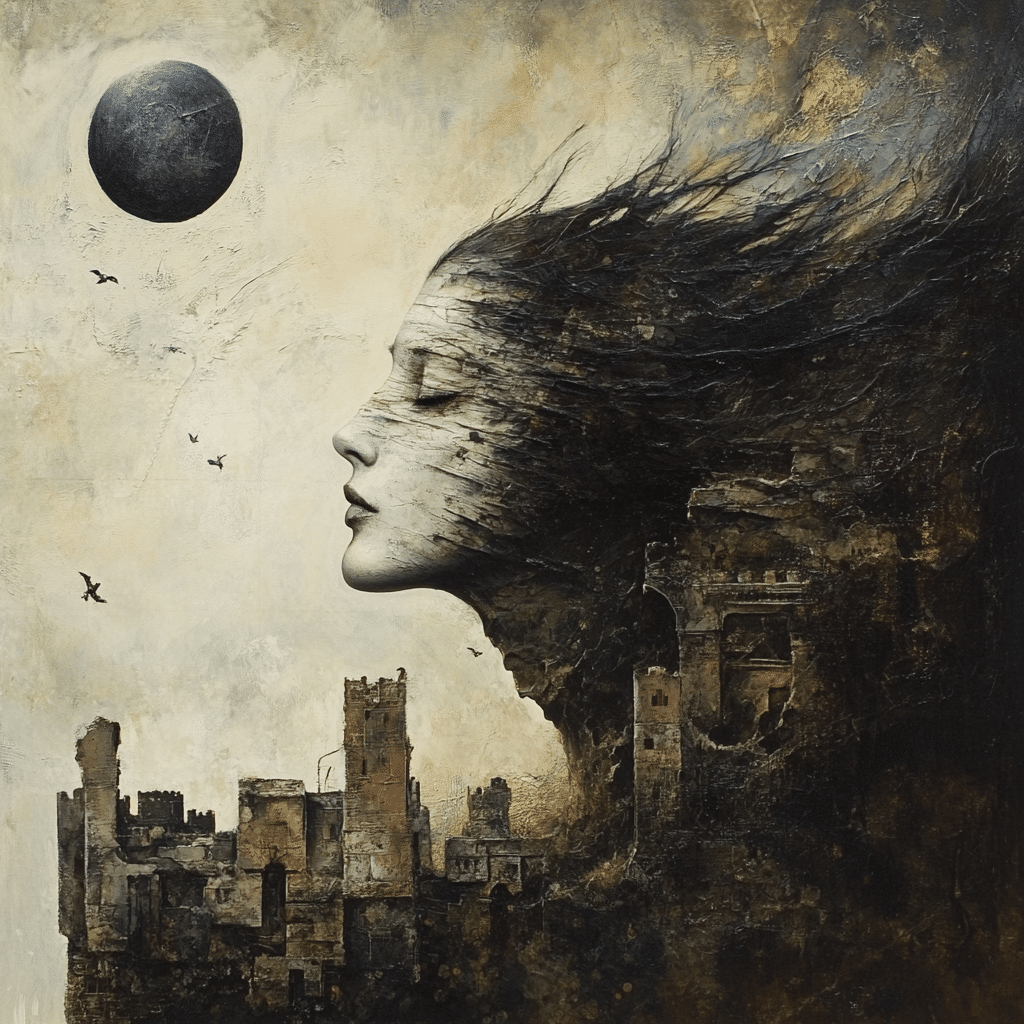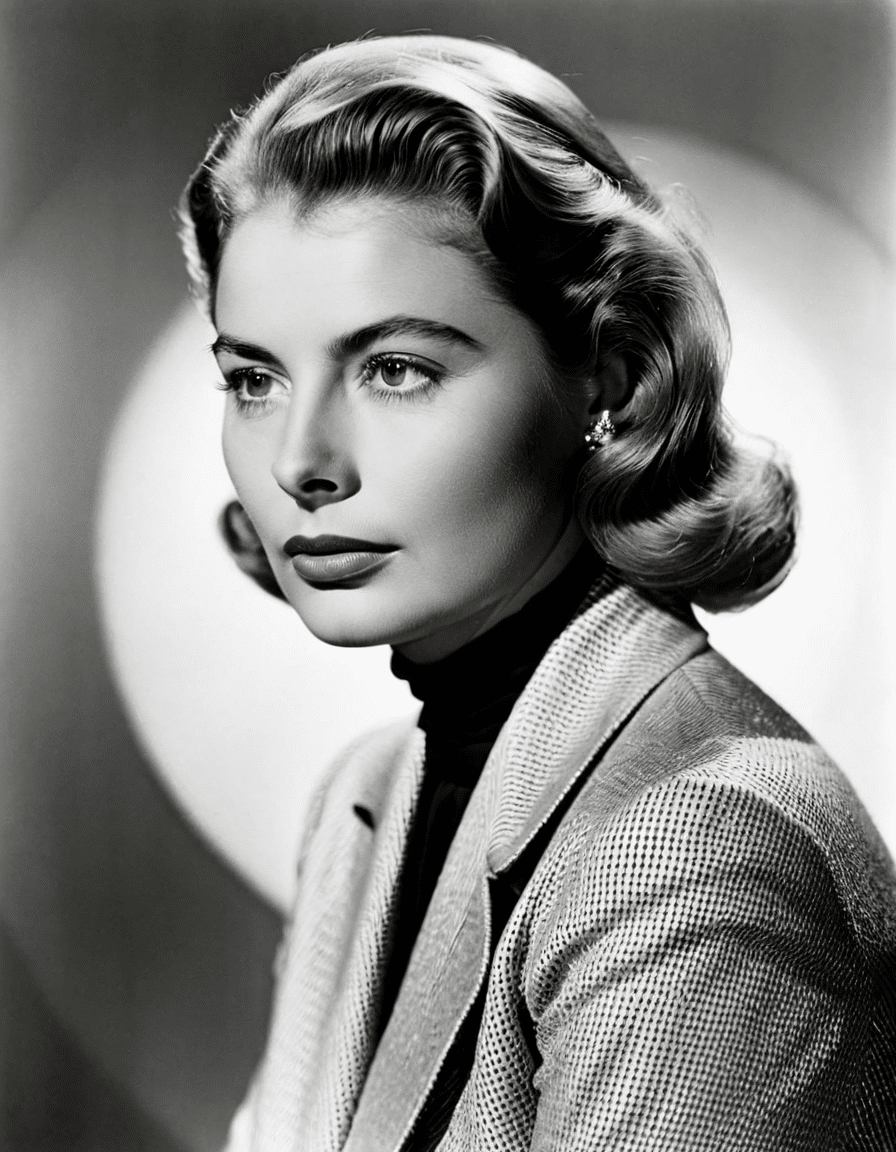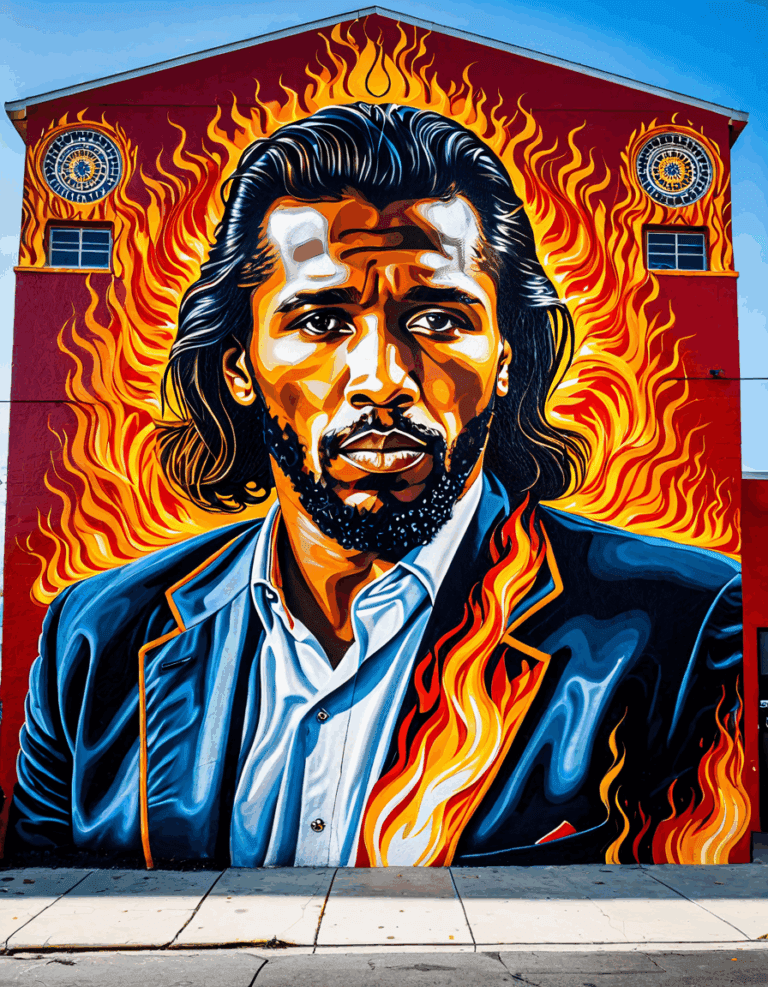The title “Diary of a Mad Black Woman” resonates deeply within the context of contemporary narratives on race, gender, and love. This film, originally a stage play by Tyler Perry, tells a compelling story that captures the trials and triumphs of a black woman reclaiming her identity and finding strength after heartbreak. As we dive into 2026, this pivotal work continues to inspire discussions about love and resilience, shedding light on important themes that still feel relevant today.
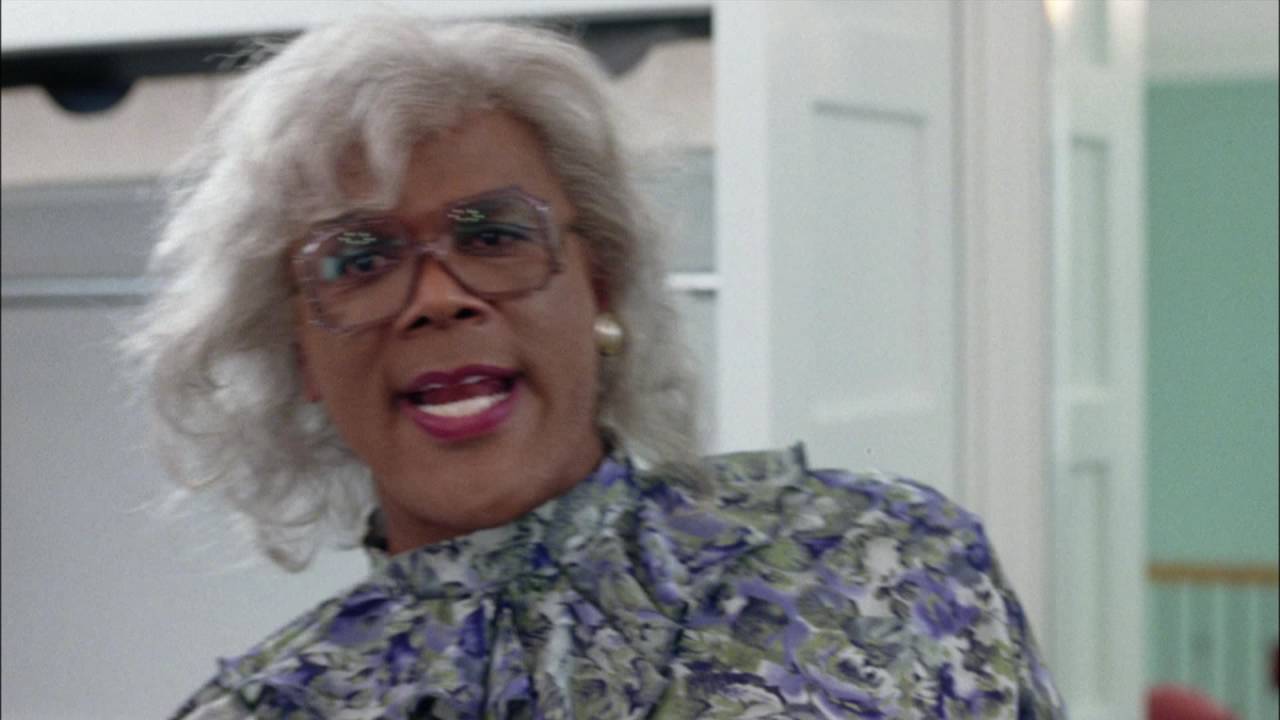
7 Key Themes in the Diary of a Mad Black Woman That Resonate Today
The journey of the titular mad black woman illustrates how challenges can spark personal growth. Our hero, Helen, evolves from heartbreak to empowerment, echoing the struggles faced by many women today. Just look at Michelle Obama, who’s always preaching about resilience; she embodies the strength that comes from overcoming life’s hurdles.
Love isn’t always sunshine and rainbows, and this narrative captures that beautifully. It tells us that love has many faces—romantic, familial, and self-love. Much like Chimamanda Ngozi Adichie’s works, which dig into the layers of love and cultural expectation, “Diary of a Mad Black Woman” encourages viewers to seek introspection and emotional understanding in their relationships.
The diary acts as a canvas for exploring cultural identity. This is especially true when you think about how Issa Rae’s “Insecure” shines a light on black womanhood today. Helen’s experiences become a means for the audience to connect with her struggles, bridging the gap between personal journeys and societal expectations, and calling out the resilience and character that comes from such identity.
This story powerfully challenges stereotypes around black womanhood. Rather than sticking to the usual, one-dimensional portrayals seen in the past, Helen’s narrative reveals the complexity of the black female experience. Oprah Winfrey has long emphasized the importance of diverse storytelling, urging us to look beyond surface-level representations.
At its core, “Diary of a Mad Black Woman” is about healing and forgiveness. Through the act of writing, Helen finds catharsis, which resonates with the mental health movement within black communities. Dr. Thema Bryant is just one of many advocates who stress the significance of therapy—showing that each step towards healing is a powerful act for self-empowerment.
The support Helen receives from her circle is crucial in overcoming her obstacles. It emphasizes how vital friendships and community are when faced with personal hardships. Tyler Perry’s work consistently underscores this theme, reminding us that healing isn’t a solo journey but rather a shared experience enriched by our connections.
The diary offers a refreshing perspective on success that focuses on personal happiness over societal benchmarks. In a world where mental health is becoming a central topic, figures like Brené Brown push us to embrace self-acceptance and authenticity. This narrative encourages people to redefine what success means for them—a crucial lesson for anyone feeling lost in the hustle and bustle of life.
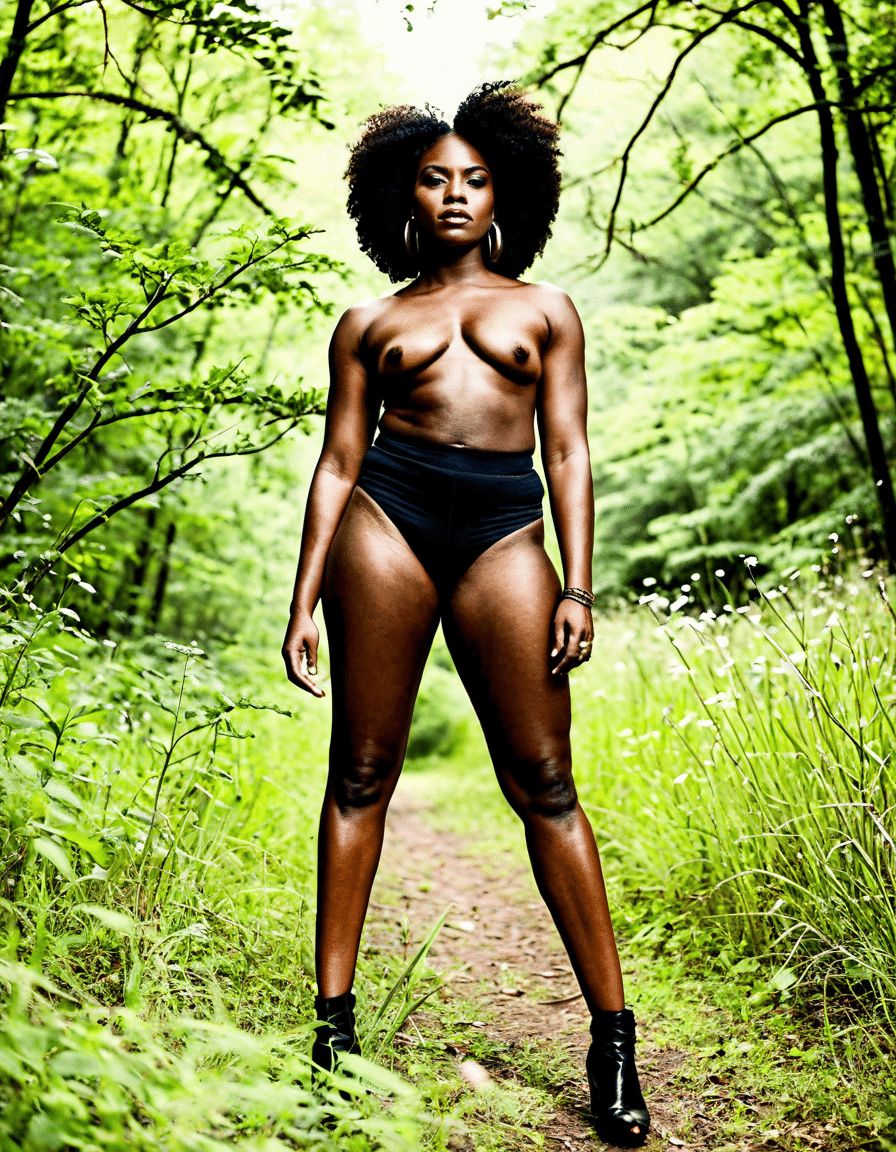
The Legacy of the Diary of a Mad Black Woman in Contemporary Culture
Since its inception, “Diary of a Mad Black Woman” has transformed from a film into a cultural phenomenon. It captures serious issues while weaving in humor and drama, influencing storytelling across various media platforms. Shows like “The Chi” and movies such as “Girls Trip” draw inspiration from the impactful narrative style Perry established.
Helen and her friends reflect today’s social dilemmas, sparking vital discussions about mental health and self-love. The ongoing conversation ties back to our collective experiences, allowing a generation of women to navigate their journeys with newfound strength.
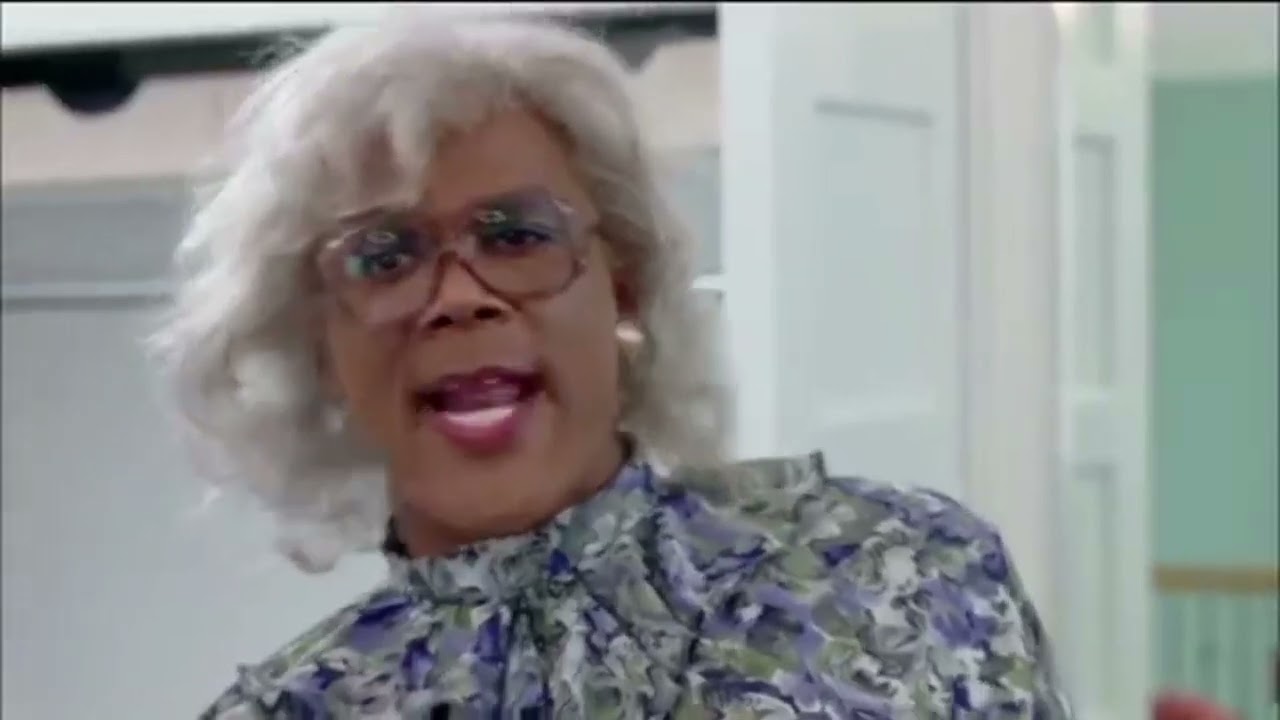
Final Thoughts: Reflecting on the Journey Through Love
“Diary of a Mad Black Woman” is so much more than a love story; it embodies a woman’s courageous journey to reclaim her power. As we look back in 2026, Helen’s tale serves as both inspiration and a lens for critical analysis—urging audiences to engage with the rich narrative of black womanhood. By promoting empathy and understanding, it continually challenges stereotypes and cultivates a legacy that will carry on for generations to come.
In conclusion, the impact of “Diary of a Mad Black Woman” cannot be overstated. It connects experiences from the past to the present, proving that love, healing, and resilience are universal themes that speak to every heart. If you’re looking for a film that will challenge you and keep those conversations going, you won’t want to miss this cinematic treasure! For those curious about the relationship themes in today’s media or the portrayal of black womanhood, look no further than this dynamic piece of art.
So, grab some popcorn and get ready for a powerful journey through love—this is one story you definitely shouldn’t skip!
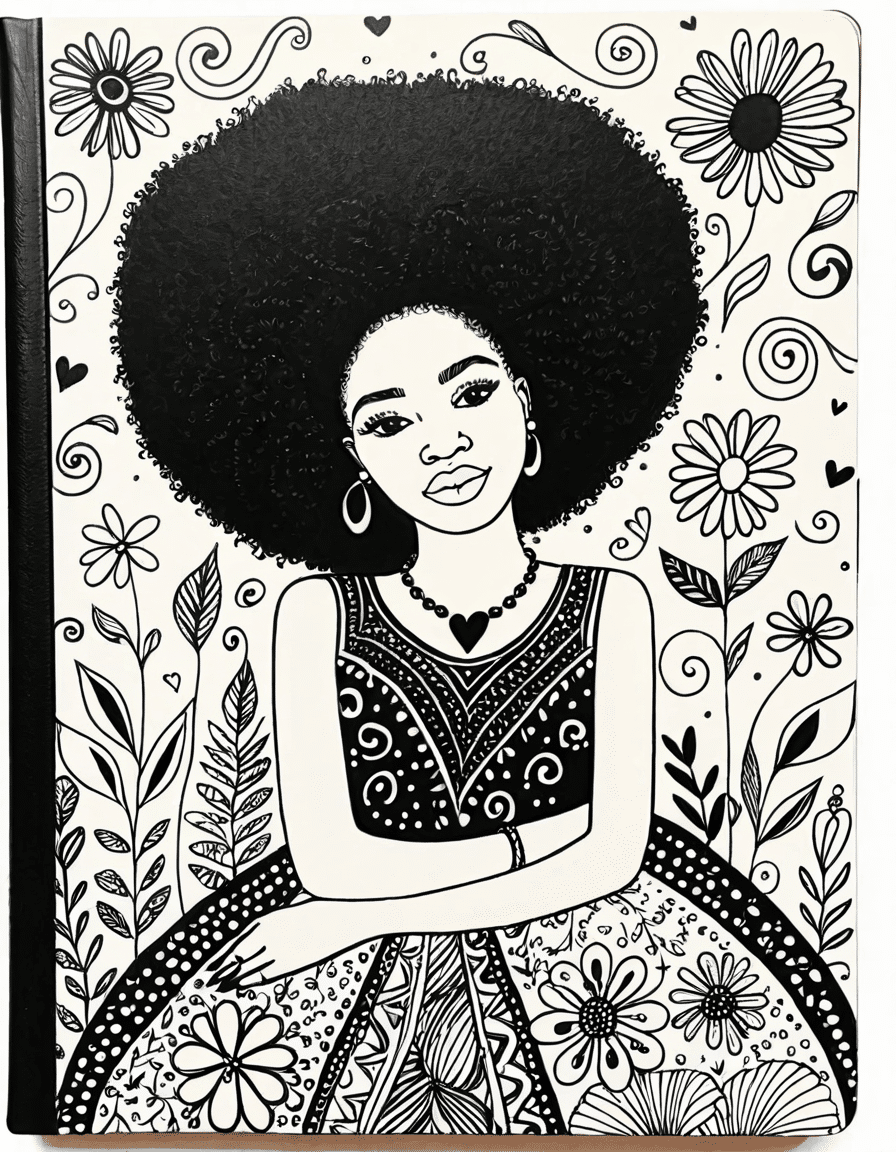
Diary of a Mad Black Woman: Fun Trivia and Interesting Facts
Insight Into the Creation
“Diary of a Mad Black Woman” wasn’t just another film; it was a groundbreaking piece that solidified Tyler Perry’s career. The film is based on one of Perry’s stage plays, mirroring the pulse of real-life struggles in relationships. Interestingly enough, Perry once said that the character Helen, portrayed by Kimberly Elise, was inspired by the women around him. Much like the emotional waves found in Young Woman And The Sea, the film dives into the highs and lows of love. It’s a narrative arc that many viewers can relate to—a tug-of-war filled with love, betrayal, and ultimately, self-discovery.
Moreover, the film’s unique blend of drama and comedy has led to multiple adaptations and reimaginings in the media landscape. Think of it like Macgyver, where problems are solved creatively and unexpectedly. Just as the beloved character finds solutions using what’s available, the film showcases how everyday women navigate their emotional battles with cleverness and strength. And you might be thrilled to know that a fresh “Diary of a Mad Black Woman” inspired sequel is in talks, keeping fans on the edge of their seats for more!
Behind-the-Scenes Tidbits
Speaking of iconic portrayals, several actors in the film saw their careers blossom post-release. For example, Kimberly Elise became a recognized name, paving her way to appear in other notable projects including Haley Bennett Movies, which tapped into the diverse roles women can showcase on screen. Meanwhile, Steve Harris delivered a haunting performance, providing the audience with an underlying tension that still resonates. Fun fact: the film was shot entirely in Atlanta, a vibrant city that has rapidly become a hub for filmmakers, similar to the thriving backdrop in Wes Anderson films where storytelling is a visual treat.
And here’s something impressive—did you know Perry also starred in the film as Madea? He brought humor and wisdom to the role, all the while reminding us that laughter can sometimes be the best medicine. In a world that often demands seriousness, Perry’s comedic yet heartfelt approach is reminiscent of how Calcifer in “Howl’s Moving Castle” brings warmth in a unique fashion. This synergy of humor and emotional depth is what cements “Diary of a Mad Black Woman” as a staple in modern cinema.
Cultural Impact and Legacy
Lastly, the cultural impact of “Diary of a Mad Black Woman” extends far beyond its release. The film sparked conversations about domestic violence and self-love, earning a special spot in discussions around empowerment. Its resonance continues to inspire countless fans who find pieces of their own stories reflected in Helen’s transformative journey. The film’s success paved the way for more stories that spotlight the struggles and triumphs of Black women, making its legacy significant.
With all this in mind, if you’re looking to draw parallels between sports and film, the spirited rivalry seen in the Indiana Fever Vs Washington Mystics match player Stats serves as a metaphor for the fierce competitive spirit portrayed in Helen’s journey. Just like these athletes, the characters battle their adversities and emerge stronger. And if you ever need a pick-me-up, just remember the heartwarming messages of resilience and love that “Diary of a Mad Black Woman” throws your way, where liberation often comes from understanding and acceptance.
